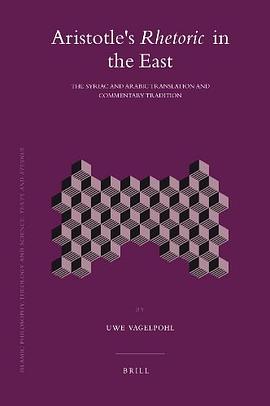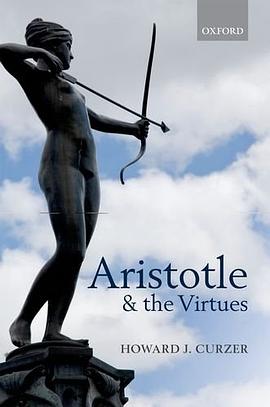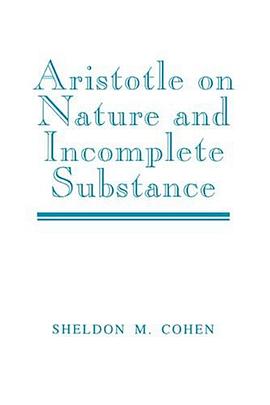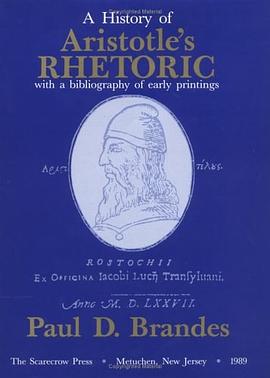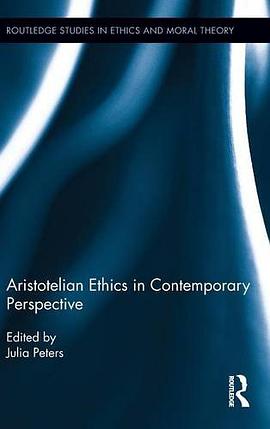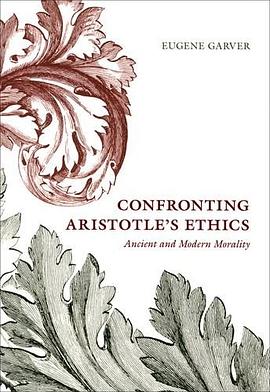

What is the good life? Posing this question today would likely elicit very different answers. Some might say that the good life means doing good--improving one's community and the lives of others. Others might respond that it means doing well--cultivating one's own abilities in a meaningful way. But for Aristotle these two distinct ideas--doing good and doing well--were one and the same and could be realized in a single life. In "Confronting Aristotle's Ethics, " Eugene Garver examines how we can draw this conclusion from Aristotle's works, while also studying how this conception of the good life relates to contemporary ideas ofmorality.
The key to Aristotle's views on ethics, argues Garver, lies in the "Metaphysics" or, more specifically, in his thoughts on activities, actions, and capacities."" For Aristotle, Garver shows, it is only possible to be truly active when acting for the common good, and it is only possible to be truly happy when active to the extent of one's own powers. But does this mean we should aspire to Aristotle's impossibly demanding vision of the good life? In a word, no. Garver stresses the enormous gap between life in Aristotle's time and ours. As a result, this book""will be a welcome rumination on not only Aristotle, but the relationship between the individual and society in everyday life.
具体描述
读后感
评分
评分
评分
评分
用户评价
相关图书
本站所有内容均为互联网搜索引擎提供的公开搜索信息,本站不存储任何数据与内容,任何内容与数据均与本站无关,如有需要请联系相关搜索引擎包括但不限于百度,google,bing,sogou 等
© 2025 book.wenda123.org All Rights Reserved. 图书目录大全 版权所有





